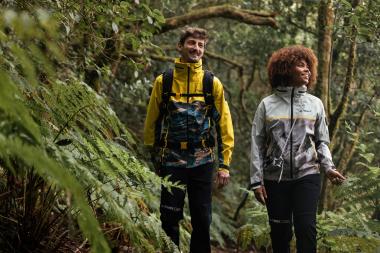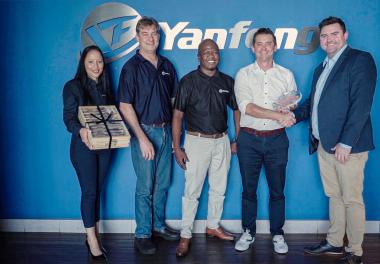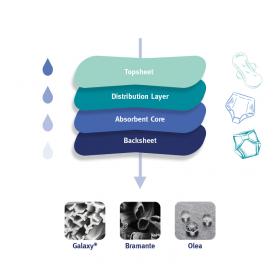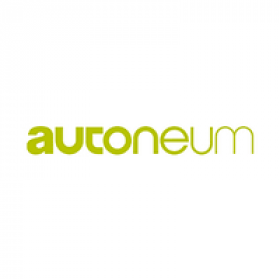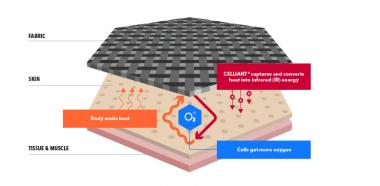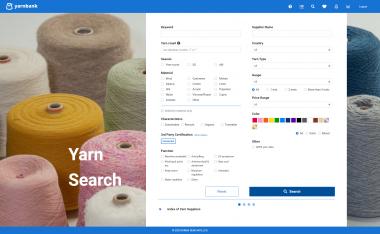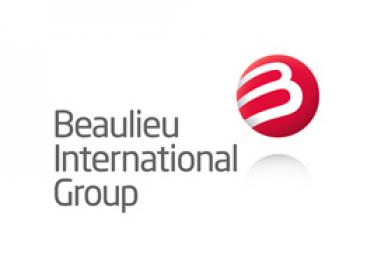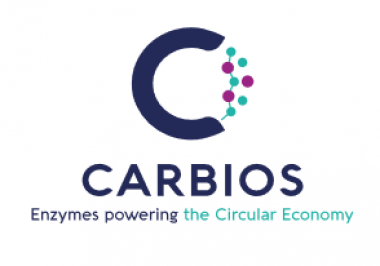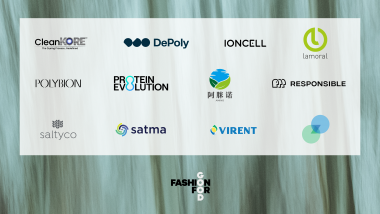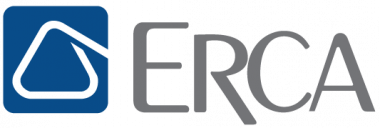adidas TERREX and National Geographic launch hiking collection
adidas TERREX announces a multi-season collaboration with National Geographic, consisting of high-performance outdoor wear. The inaugural collection is built to celebrate the role of photography in the culture of outdoor sport - as well-equipped hikers turn their ability to explore more places, and spirit of adventure, into stunning content.
To celebrate this relationship, designers at adidas TERREX combed the National Geographic photography archives for stunning stills of some of the most remote yet moving locations on earth, integrated in unique all over prints in a bold new hiking collection. All pieces are unified by National Geographic’s iconic yellow icon.
Places celebrated in the collection include a snow-covered sandstone monocline in Comb Ridge, Utah, a 120-mile-long, north to south stretch that defines the State’s red rock landscape, as well as textured portraits of shale, - captured on the coast of Norway’s northernmost county - highlighting the sedimentary rock’s distinctive formations.
The 51-piece collection includes women’s, men’s, and gender-neutral offerings – all built to equip the wearer in multi-terrain environments:
- A part of the collection is the RAIN.RDY Jacket; a 2.5L waterproof and seam-sealed outer garment built to facilitate epic adventures. The men’s jacket features a bold print of the shell formations in the Porsanger Peninsula, Norway, while the women’s is inspired by stills of White Sands National Park in New Mexico.
- A long sleeve shirt is finished with the bold National Geographic yellow icon and reflective details.
- The TERREX Swift R3 GORE-TEX Hiking shoes offer the peak combination of a lightweight construction and cushioning as seen in trail running shoes with the stability of a hiking boot. Finished in a print inspired by a stunning aerial shot of Earth, the hiking shoes come with a GORE-TEX lining and membrane seal so water is kept out, and a Continental™ Rubber outsole for optimal grip in wet or dry conditions.
- The WIND.RDY: GET SHELTERED Jacket, with wind-resistant technology and a water repellent ripstop fabric, allows explorers to feel protected and confident in many weather conditions. The men’s and women’s versions come with bold prints inspired by photography including that of sandstone and snow at Comb Ridge, Utah. Smart design features including a bungee-cord enabled adjustable hem, a lightweight fabric and reflective details. Additionally, it features a bold new lenticular logo design that alternates between Terrex and National Geographic from different perspectives – and is made in part with recycled materials.
adidas AG


